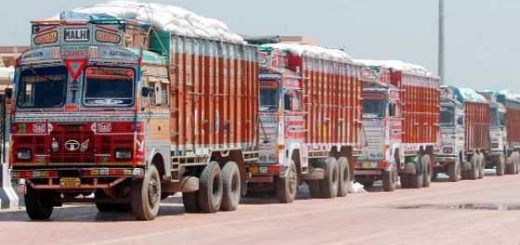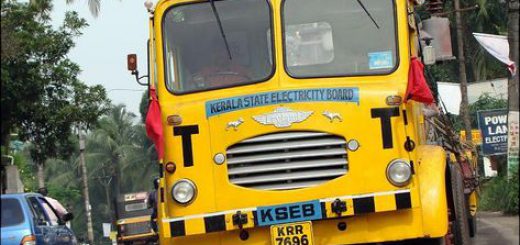Future of Indian transportation and logistics: Transformation, Challenges, and the Path Ahead
Change is difficult and it is coming soon. COVID-19 has changed how we work, live, and operate enterprises. The logistics industry in India has experienced a similar situation. There is no doubt that logistics is essential to the survival of our nation. We got through the worst because of a free, mediocrely efficient flow of people and products across the nation. Unfortunately, COVID-19 has made its mark in an already overworked field. The manner that which service providers and clients work has changed for both parties. The demand-supply curve has deviated due to the post-COVID dynamics of vehicle availability. Additionally, corporations are becoming more cost-focused.
The service provider with the lowest rate offer is now the one getting considered instead of the one that offers the most value and is technically sound. As innovation, development, and efficiency are all byproducts of an economically thriving sector, this may prove harmful to the overall logistics business. Add to this the incredibly sluggish rate at which projects are being commissioned. The logistics industry is recovering slowly and steeply three years after the epidemic started. The sole ray of optimism is India’s optimistic future of progress.
Indian Logistics’ current challenges
Certain difficulties, particularly those related to road transportation, must be addressed by the logistics sector as India approaches its golden century. The majority of the employment in this sector is due to truck drivers. Furthermore, they are the ones in charge of the cargo while it is in motion. It is crucial to have qualified and accountable drivers on the road. To maintain and recruit qualified drivers to the sector, it is important to provide an environment that includes high-quality infrastructure and facilities, technical and safety training, and on-road comforts.
Another worrying problem is when unreliable players take on projects at prices that are unsustainable to outcompete reputable and competent service providers. Road carriers that lack experience and are usually motivated by price decrease their services, deliver orders late, and take risks with the safety of their goods. Clients should develop a more partner-driven mentality and be more responsive to service providers to avoid falling into such traps.
In terms of government regulations, it is necessary to address and practicalize the penalties for breaking E-way bill legislation to ease compliance and financial strain.
Global knowledge and resources are necessary to boost growth.
In India, the logistics industry has mostly maintained its conventional practices and conservative outlook. The industry may certainly grow more effective and technologically advanced. Indian businesses have the know-how to upgrade infrastructure and services, but we don’t have access to a consistent stream of investor cash. By gaining access to capital and technological know-how, international logistics companies working with Indian businesses may revolutionize the industry. Although there are some industries where local businesses may contribute their technical expertise, international alliances will significantly improve the range of services offered.
Additionally, international companies with operations in India are usually more likely to deal with a bigger, global brand than a local one, so this adds credibility in that regard as well. The ability to ship internationally is also made possible through cooperation with multinational players.
Future of transportation and the climate catastrophe
Additionally, there is a significant problem that logistics businesses want to avoid. But it’s time for our industry to have a discussion about climate change, our carbon footprint, and how to reduce it. Although there is rising interest in electric vehicles and biofuels, Indian automakers have primarily kept their attention on passenger cars. There is only so much the rest of the industry can do if the auto sector does not provide effective and reasonably priced heavy freight fleet cars. To accommodate commercial cargo EVs on Indian highways, the necessary infrastructure must be built in collaboration between the public and private sectors.
Potential effects of the G20 on Indian logistics
The G20 has designated five critical emphasis areas, with logistics being one of them. India will be the G20 chair for the next five years. With the help of all parties involved, we really hope that we make the most of this chance to rebuild India’s transportation and logistics system, which will undoubtedly be essential to turning India into a major international trade and commerce hub.




Recent Comments